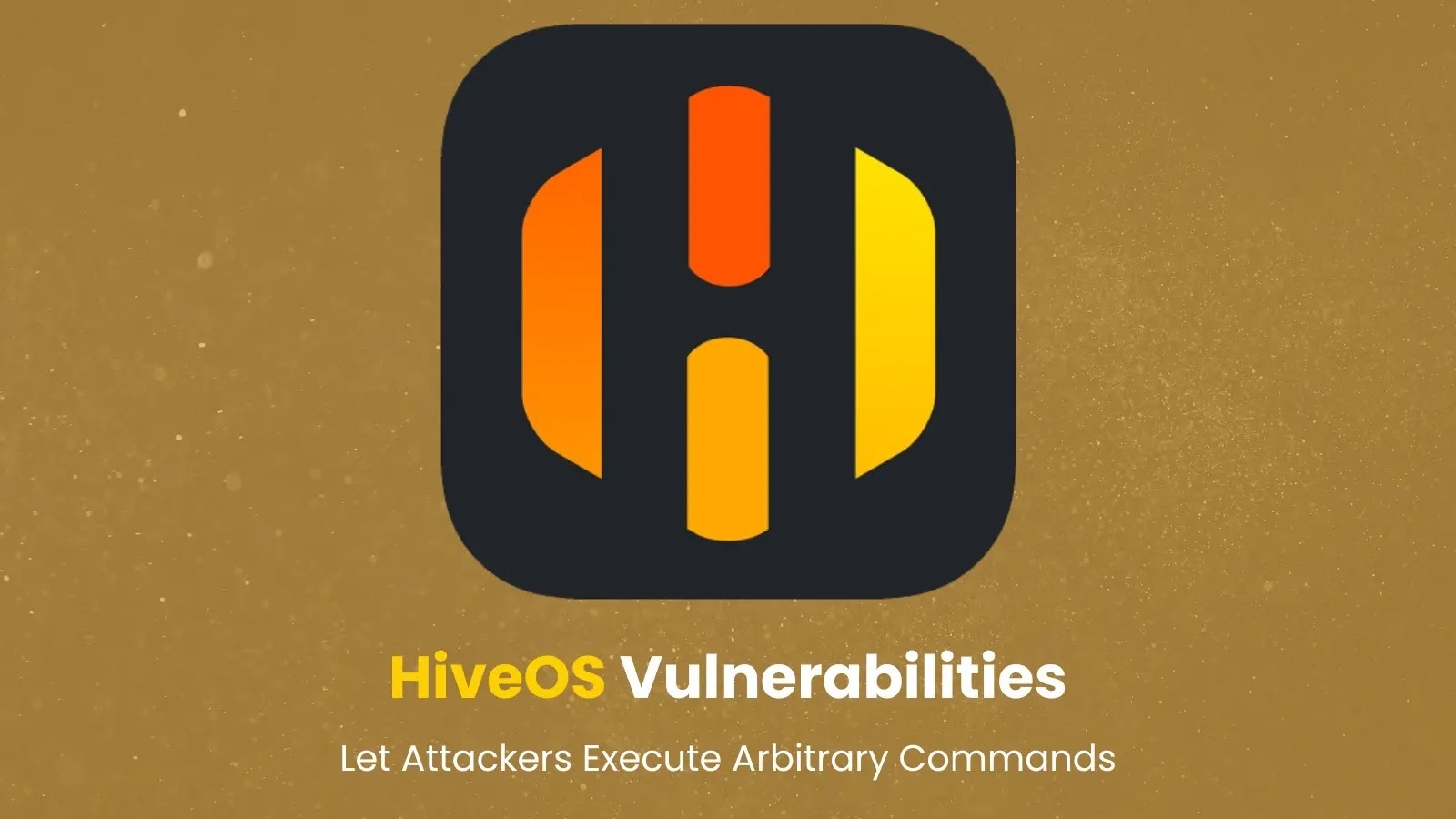March 3, 2025

Security researchers have uncovered three critical vulnerabilities in Extreme Networks’ IQ Engine (HiveOS) that collectively enable authenticated attackers to escalate privileges, decrypt passwords, and execute arbitrary commands on affected systems.
The flaws—tracked as CVE-2025-27229, CVE-2025-27228, and CVE-2025-27227—were disclosed through coordinated efforts led by Lukas Schauer of Bonn-Rhein-Sieg University of Applied Sciences, prompting Extreme Networks to release patched firmware (version 10.7r5).
Exploit Chains
The most severe vulnerability, CVE-2025-27229, stems from improper sanitization of SSH tunnel configurations in HiveOS versions prior to 10.7r5.
Attackers with authenticated user access could manipulate SSH parameters to inject malicious arguments into the sshd service, bypassing privilege controls to gain root shell access.
This exploit leverages the lack of input validation in the tunnel.c module, where environment variables like PermitRootLogin and AllowTcpForwarding are dynamically configured without sandboxing.
Parallel to this, CVE-2025-27228 exposes a cryptographic weakness in HiveOS’ command-line interface (CLI).
The user-config utility stores passwords using a deterministic encryption algorithm with a static initialization vector (IV), allowing authenticated users to decrypt credentials via CLI commands such as show running-config | decrypt -iv 0x3F7A.
Researchers demonstrated that hashes encrypted with AES-256-CBC could be reversed in under 90 seconds using GPU-accelerated brute-force attacks.
The third flaw, CVE-2025-27227, resides in the Client-SSID configuration handler. By appending newline characters (\n) to SSID names—e.g., “Malicious_SSID\n/bin/bash -c ‘rm -rf /'”—attackers can break out of the intended input field and execute shell commands.
This vulnerability arises from the parse_ssid() function’s reliance on unsanitized scanf() calls, enabling buffer overflow and command injection.


